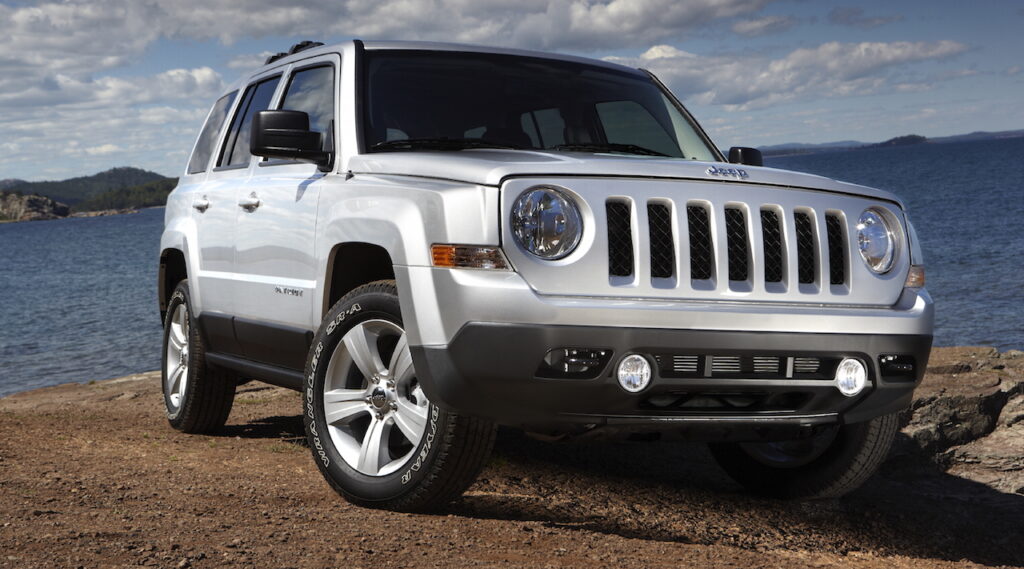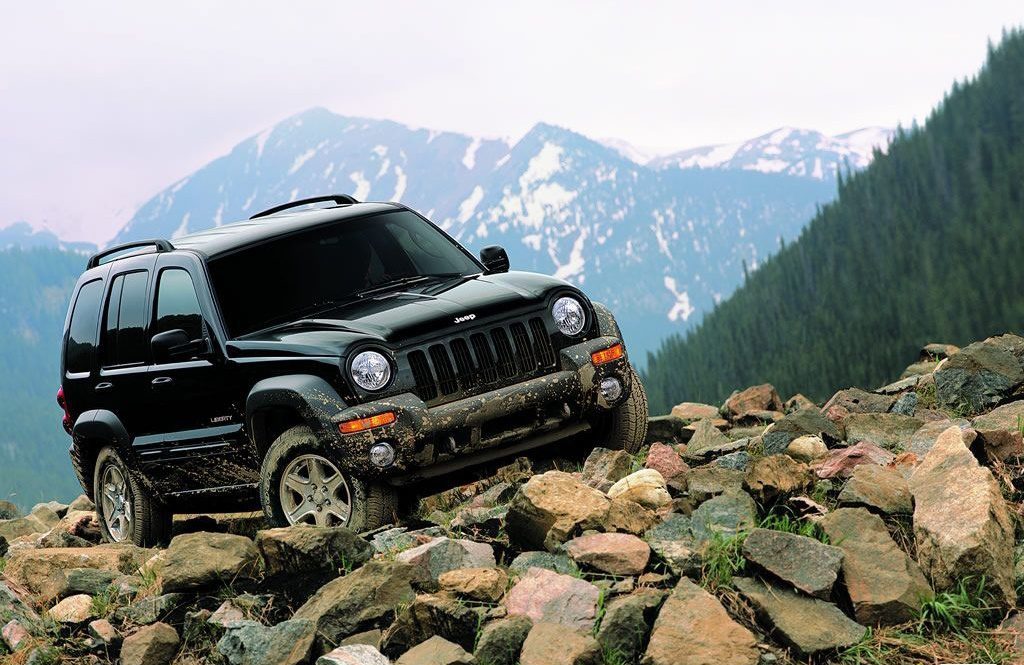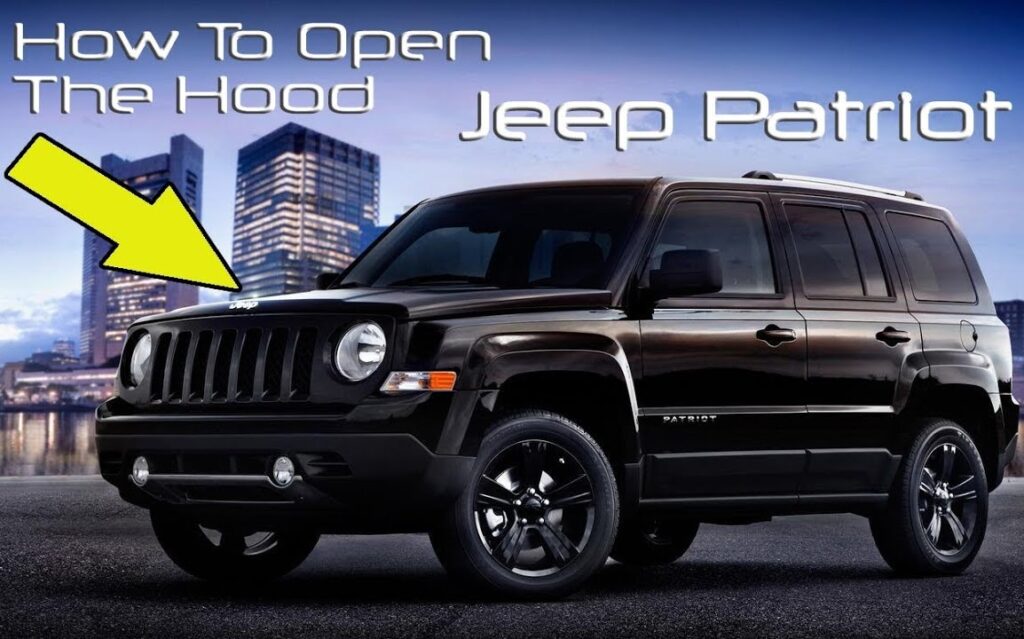The Jeep Grand Cherokee may experience air suspension problems, requiring careful attention. However, there are solutions available to address these issues effectively.
The Jeep Grand Cherokee is a popular SUV known for its comfortable ride and impressive off-road capabilities. It features an air suspension system that enhances the driving experience by providing a smooth and adjustable ride. However, like any vehicle component, the air suspension system can encounter problems.
These problems may include air leaks, compressor failure, or sensor malfunctions. When these issues arise, they can affect the vehicle’s stability and ride quality. Addressing these problems as soon as possible is crucial to maintaining the performance and safety of the Jeep Grand Cherokee. We will explore some of the common air suspension problems in the Jeep Grand Cherokee and discuss possible solutions to resolve them effectively.
Table of Contents
ToggleSymptoms
The symptoms of Jeep Grand Cherokee air suspension problems may include a sagging or uneven ride height, unusual noises coming from the suspension system, and a bouncy or unstable ride. If you notice any of these signs, it’s important to have your vehicle inspected by a qualified mechanic to address the issue promptly.
Uneven Ride Height
If your Jeep Grand Cherokee is experiencing air suspension problems, one of the most noticeable symptoms is an uneven ride height. You may observe that one corner of the vehicle sits noticeably lower or higher than the rest of the vehicle, leading to an imbalanced appearance and compromised driving experience. This can be a clear indication that the air suspension is not functioning as it should, and it necessitates prompt attention from a qualified mechanic.

Air Compressor Running Frequently
Another common symptom of air suspension problems in the Jeep Grand Cherokee is the air compressor running frequently. If you notice that the air compressor is consistently operating, attempting to adjust the ride height without success, it is a sign that the system is struggling to maintain the desired suspension level. This continuous activity not only points towards potential issues with the air suspension components but also signifies an increased strain on the air compressor, which may lead to further complications if left unresolved.
Causes
When it comes to the Jeep Grand Cherokee, there are a few common causes of air suspension problems. These issues can result in decreased ride quality and potential damage to the vehicle if not addressed promptly. In this section, we will discuss two of the main causes of air suspension problems: leaking air struts and a faulty air compressor.
Leaking Air Struts:
Leaking air struts are a common cause of air suspension problems in the Jeep Grand Cherokee. These struts are responsible for supporting the weight of the vehicle and maintaining a smooth ride. However, over time, the rubber seals in the struts can deteriorate and develop leaks. This can result in a loss of air pressure and cause the suspension to sag or become uneven. In some cases, you may even notice a hissing sound coming from the struts, indicating a leak.
Faulty Air Compressor:
Another common cause of air suspension problems in the Jeep Grand Cherokee is a faulty air compressor. The air compressor is responsible for pressurizing the air system and maintaining the correct air pressure in the struts. However, if the compressor fails or becomes damaged, it may not be able to generate enough pressure to keep the suspension system properly inflated. This can result in a stiff or harsh ride, as well as a loss of overall suspension performance.
Diagnostic Process
When it comes to addressing Jeep Grand Cherokee air suspension problems, a proper diagnostic process is crucial. This allows you to identify the root cause of the issue and take appropriate measures to fix it. In this section, we will discuss the key steps involved in diagnosing air suspension problems in your Jeep Grand Cherokee.
Visual Inspection
Visual inspection is the first step in diagnosing air suspension problems in your Jeep Grand Cherokee. This involves a thorough examination of the components associated with the air suspension system. During the visual inspection, pay close attention to the following:
- Check for any visible damages or leaks in the air suspension components, such as air springs, air lines, and air compressors.
- Inspect the electrical connections and wiring harnesses to ensure they are properly connected and free from any damage or corrosion.
- Examine the suspension sensors and control module for any signs of wear or malfunctioning.
By conducting a visual inspection, you can often identify obvious issues or damages that may be causing the air suspension problems in your Jeep Grand Cherokee.
Air Suspension System Test
After completing the visual inspection, the next step is to perform an air suspension system test. This test allows you to evaluate the functionality of the different components involved in the air suspension system. Here are the key aspects to focus on during the test:
- Check the air compressor functionality by listening for any abnormal noises or vibrations when it is running.
- Inspect the air springs for proper inflation and responsiveness. They should be able to adjust the vehicle’s ride height smoothly.
- Test the suspension sensors and control module by simulating various driving conditions and monitoring their performance.
- Use a diagnostic scanner to retrieve any error codes stored in the system. These codes can provide valuable insights into the specific problems affecting your Jeep Grand Cherokee’s air suspension.
By thoroughly testing the air suspension system, you can gather valuable data to pinpoint the root cause of the problems. This will enable you to make informed decisions on the necessary repairs or replacements needed to restore your Jeep’s air suspension system to optimum functionality.

Repair Options
Jeep Grand Cherokee air suspension problems? Explore your repair options for a smooth and reliable ride. Find the solutions you need to tackle any air suspension issues, ensuring optimal performance and safety for your vehicle.
Repair options for Jeep Grand Cherokee air suspension problems are essential to consider when troubleshooting issues with your vehicle’s air suspension system. When addressing these problems, it’s crucial to explore various repair options, such as replacing air struts and repairing or replacing the air compressor. These solutions can effectively resolve air suspension issues and ensure the optimal performance of your Jeep Grand Cherokee.
Replacing Air Struts
When encountering air suspension issues in your Jeep Grand Cherokee, one of the primary repair options to consider is replacing the air struts. These components play a critical role in supporting the vehicle’s weight and ensuring a smooth, stable ride. To address problems related to worn or damaged air struts, it is advisable to opt for high-quality replacement parts. Replacing worn air struts can significantly improve the overall performance and stability of your vehicle’s suspension system.
Repairing Or Replacing Air Compressor
Another crucial repair option for addressing air suspension problems in your Jeep Grand Cherokee is the repair or replacement of the air compressor. The air compressor is responsible for inflating and maintaining the air suspension system’s pressure, and any issues with this component can lead to suspension malfunctions. Whether it’s repairing a faulty compressor or opting for a replacement, addressing compressor-related issues is essential for restoring the functionality of your Jeep Grand Cherokee’s air suspension system. With a clear understanding of the repair options available for your Jeep Grand Cherokee air suspension problems, you can effectively address and resolve any issues that may arise, ensuring optimal performance and safety on the road.
Preventive Maintenance
Regular maintenance is crucial to prevent air suspension issues in your Jeep Grand Cherokee. Focus on early detection, and addressing issues promptly helps maintain the functionality of the system.
Regular Inspection Schedule
Create a schedule to inspect air suspension components like airbags, compressors, and lines for wear or damage.
Environmental Factors
Consider the impact of environmental conditions on your air suspension system. Extreme temperatures and off-road driving can lead to premature wear.
Cost Considerations
When dealing with Jeep Grand Cherokee air suspension problems, considering the costs involved is crucial. From parts to labor, understanding the expenses can help you make informed decisions.
Oem Vs. Aftermarket Parts
OEM parts are more expensive but offer better quality and exact fitment. Conversely, aftermarket parts are cheaper but may not provide the same level of durability or performance.
Labor Costs
Labor costs can vary depending on the mechanic or repair shop. Be sure to compare rates and seek quotes from multiple sources to ensure you get the best deal.
Frequently Asked Questions On (Jeep Grand Cherokee Air Suspension Problems)
What Are Common Signs Of Jeep Grand Cherokee Air Suspension Problems?
Air suspension issues may result in vehicle sagging, bouncing, or uneven ride height.
How Can I Troubleshoot Jeep Grand Cherokee Air Suspension Problems?
Check for air leaks, damaged sensors, or failed air compressors for potential issues.
Are Jeep Grand Cherokee Air Suspension Problems Expensive To Fix?
Repair costs may vary based on the specific problem, but can be significant.
Can I Drive My Jeep Grand Cherokee With Air Suspension Issues?
Driving with faulty air suspension can lead to further damage and safety risks.
Conclusion
Dealing with Jeep Grand Cherokee air suspension problems can be frustrating. However, with proper maintenance and timely repairs, these issues can be effectively managed. Whether it’s the compressor, air springs, or sensors, staying vigilant and addressing these concerns promptly can ensure a smoother and safer driving experience.
Trust in professional technicians to keep your Jeep running smoothly.





